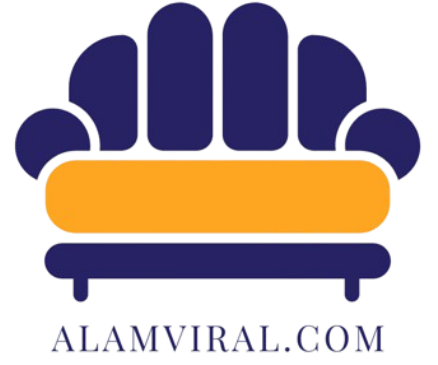Money can buy more than misery. At least that’s what the first county-led guaranteed income program in the United States purports to find after a 17-month trial run.
From May 2021 to September 2022, a hundred Ulster County households at or below 80 percent of the Area Median Income, $46,900 a year, received $500 a month to spend any way they wanted, There were no work requirements or restrictions.
The study, funded by donations, was originally slated for twelve months. It was extended for an additional five months, during which the payments tapered off.
The effects of increasing people’s household income, the study found, was “an elevated sense of self-worth” as well as elevated feelings of “mattering,” along with an “increased sense of hope, agency, and control over their ability to achieve their goals.”
The study also noted “improved physical and mental health” of the sort of which comes along with increased access to affordable stable housing and food.
These effects were contrasted with those evidenced by a randomized control group of 84 county residents who received no payments.
One recipient of the funding, Nora, a widowed woman working two jobs, noted, “It gave me peace of mind. Isn’t that funny? You can look and say $500 a month, what is that? But it was a lot. Five hundred dollars a month that is not earmarked towards a bill, it’s a lot.”
The average participant was 43 years old. Forty-six percent of households had children, averaging one child per household. Sixty-one percent were single. Women constituted 66 percent of participants, while 68 percent identified as White, 20 percent as Black.
Participants were often familiar with “the struggles of low-waged jobs, the dangers of the benefits cliff, and the trap of economic immobility — even in the midst of successfully attaining educational goals and securing employment.”
A participant in the study identified as Peter, a college graduate and former software engineer, marveled about his own experiences with poverty. “You know, I never thought it would happen to me,” he said. “I bet most people never imagine it will happen to them.”
What extra money can do
The Center for Guaranteed Income Research (CGIR), established in 2020 at the School of Social Policy and Practice at the University of Pennsylvania, is staffed by scientists and academics. Its mission is to establish a body of common knowledge derived from the observation of the effects of unconditional cash transfers.
This study was performed with the collaboration of Project Resilience, a partnership consisting of Community Foundations of the Hudson Valley, Ulster Savings Bank, and Ulster County government. It was they who forked over the money.
Launched in March of 2020, Project Resilience was conceived as a community fund under the stewardship of then-county executive Pat Ryan, which established local food distribution efforts meant to support residents impacted by Covid 19.
Selected from 3832 applicants, the hundred chosen in Ulster County represented the first county included in the American Guaranteed Income Studies.
The study authors said that Ulster County “encapsulates in microcosm the difficulties facing the American labor market, even before the impact of the pandemic. Wages have failed to keep pace with the rising cost of living and … the cost of housing, as property values have increased significantly. These issues, along with inflation, have made a lasting impact on places like Ulster County and form the economic backdrop of Project Resilience.”
Direct relief works
That extra money every month results in a positive experience for people struggling economically in America should surprise no one.
Ulster County executive Jen Metzger said the study added to a growing body of empirical research showing the benefits of direct cash assistance for struggling individuals and households.
“We now have measurable data from our own county indicating that direct cash assistance helps reduce poverty and its associated risks and harms while enabling our residents to gain more agency and control over their lives,” said Metzger.
She thanked former county executive Pat Ryan for spearheading the initiative for county residents.
Now-congressmember Ryan lauded the findings. “Ulster County’s first-in-the-nation basic income experiment showed the importance and the impact of providing direct relief to our residents,” he said.
According to the study authors, the results invite other community-based organizations, researchers and government bodies to explore the possibilities. They say their research is committed to conducting public science that challenges prevailing narratives surrounding poverty, deservingness, and economic mobility.
CGIR intends to undertake further studies that will build on this one.
“Something as simple as $500 a month … changes the mindset a little bit,” said one recipient. “People can breathe a little bit more. They’re like, okay, well, I have a little bit of flexibility. I can do this. I can get back on track. It gives them hope.”
